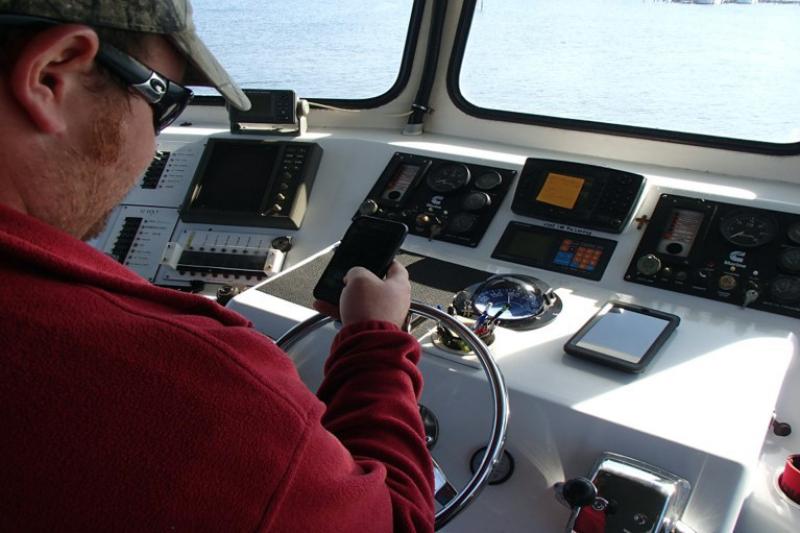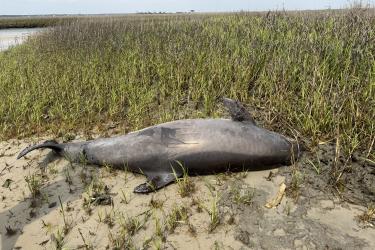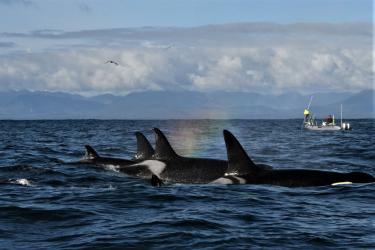Holders of federal For-hire fishing permits (charter and headboats) in the South Atlantic and Gulf of Mexico will soon enter the digital age. They will begin providing fishing trip level logbook information electronically. Data will be collected from approximately 3,000 charter and headboat vessels, most of which have never reported catch information.
Many captains welcome the opportunity to provide firsthand information into the fishery monitoring process. Digital logbooks will improve data collection on how the for-hire industry operates, and what it catches and harvests. This will give fisheries scientists and fisheries managers a better understanding of charter and headboat fishing and fish populations in the southeast United States.
Benefits of Better Data
Collecting better data can lead to more informed fisheries management decisions, which ultimately benefit the fish, charter and headboat permit holders and fishermen. Down the road, enhanced data may lead to:
- Improved quota monitoring
- Better projections of fishing seasons
- More timely management responses
- More accurate stock assessments
These all play a role in fishing businesses. Additionally, better social and economic information about the for-hire industry can help managers account for potential social and economic impacts of management decisions. They can also help quantify damages from disasters.
Atlantic and Gulf Reporting Requirements
Digital reporting is scheduled begin September 1, 2020 for fishermen with Atlantic federal charter/headboat permits for dolphin wahoo, snapper grouper and coastal migratory pelagics. They will submit electronic catch and effort reports weekly for each trip.
Vessels with a Gulf federal charter/headboat permit will need to:
- ”Hail-out” when they go fishing
- Submit an electronic trip report before offloading
- Have a location tracking device permanently affixed to the vessel and active.
The rule for the Gulf requirements is currently in development but expected to be effective by September 1, 2020. Reporting requirements are based on the permit and apply regardless of where you fish or what you are targeting. Those with both permits for the Gulf and the South Atlantic will need to meet the requirements of the more restrictive program—in this case, the Gulf.
Program Partners
To develop and implement this new program, the NOAA Fisheries Southeast Regional Office and Southeast Fisheries Science Center partnered with:
- South Atlantic and Gulf Fishery Management Councils
- Atlantic Coastal Cooperative Statistics Program
- Gulf States Marine Fisheries Commission
NOAA Fisheries and our partners are developing an outreach and education strategy, including virtual training, informational toolkits, and videos. This will ensure permit holders and captains understand how to comply with the new requirements.In-person training may be scheduled when it is safe to do so.
We’re Here to Help
Additional information about the requirements of the program
Contact the NOAA Fisheries Southeast For-Hire Electronic Reporting program (833) 707-1632 or ser.electronicreporting@noaa.gov.


